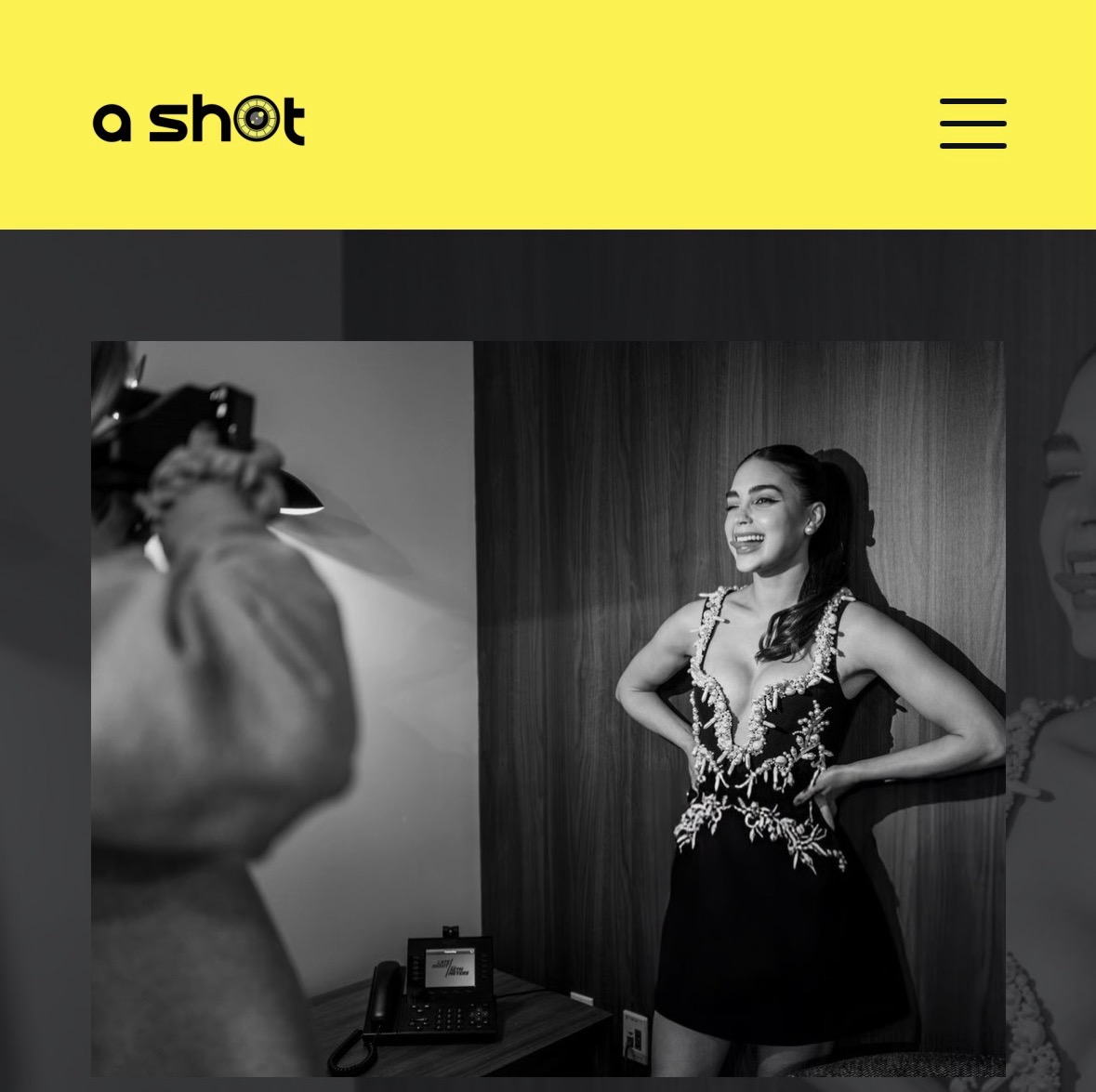A Shot, a digital magazine co-founded by Belal Abd Elaziz, a journalist and storyteller, and journalist Hussien Ashour in 2019, emerged from a profound passion for cinema and a desire to connect with a broader audience. The inspiration for launching A Shot stemmed from Abd Elaziz’s passion for films. He frequently shared his thoughts and favorite film frames on his personal Instagram account, but he wanted to create posts related to films with broader appeal. As a result, both Abd Elaziz and Ashour collectively created the A Shot Instagram account as they were intrigued by how a single movie frame could motivate viewers to watch an entire movie, often bypassing conventional marketing methods. The account’s posts on social media elicited strong reactions, with comments such as, “You guys can make a bad movie look good,” showcasing the visual storytelling they were practicing. “A Shot did not initially start as a magazine; it began as a platform for sharing cinematic insights,” Abd Elaziz told Egyptian Streets. However, after a year of growth and development, it underwent a complete rebranding, evolving into the digital magazine that audiences recognize today. Abd Elaziz described…
A Shot Magazine: Changing Cinema and Art Through Authentic Storytelling
October 16, 2025
By Belal Nawar
Senior Journalist




